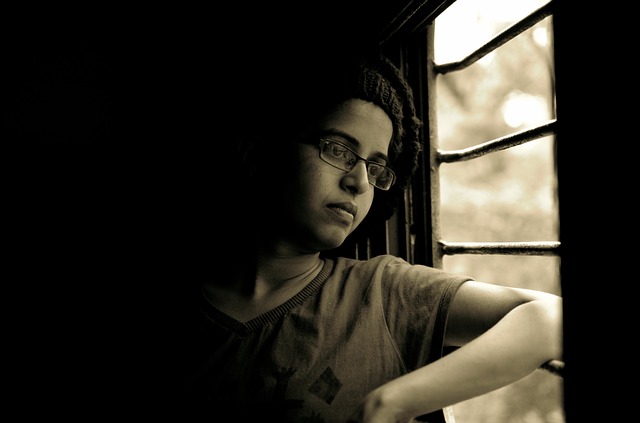Child Psychology: Coping with Childhood Grief
It is common for children to experience difficulty adapting when they experience the loss of someone significant to them, whether they had a nurturing and loving relationship with that person or not. Losing this person will require a lot of time for them to completely process and accept. Even in the best cases, they may still miss that person every now and then. Getting over someone dying never really happens, according to child psychology experts – but what’s important is for the child to adapt to the reality of it.
Dealing with Grief
The important thing to keep in mind is that grief itself is not what we have to fix. Instead, grief is an experience that they have to live through. There will be plenty of emotions, mood changes, and negative thoughts that will come as an effect of loss – even years after the incident. During these situations, children need their parents (and other adult role models) to be caring and patient as they go through changes.
What Parents Should Do
In child psychology, the cornerstone of therapy is letting the children understand and know the truth. It is common practice for grownups to “shield” their young ones from painful memories and facts. The reality is that this “shielding” only creates more issues.
As parents, it is a must to remember that honesty creates trust in children. This also helps them to understand the happenings around them and lets them be more comfortable in seeking answers to any questions that may be boggling their minds. More often, children are very perceptive and wise than we think they are. They are able to process information from body language and other contextual cues. No matter how we try to shade the truth from them, they will find out somehow.
So it is always better to be honest with them right away. By hiding the truth from them, we only risk them having to process complex information on their own – when instead, parents must act as the loving grownups and role models in their lives.
Getting Professional Child Psychology Assistance
Each child is unique. We often hear this saying. And in the case of loss and grief, this holds true as well. What does this mean? Each child processes loss in his own way. One child may move on and accept reality faster than another child. One may act out and engage in rebellious or negative behavior, while another will not. In most cases, parental love, concern, and attention will be enough to guide a young one through such difficult times. However, it is possible for the loss of a loved one to create far greater issues in a child.
If you have experienced a loss in your family and are worried about its impact on your child, as well as you capable of dealing with your child’s grief, then it is wise to seek professional consultation.
Positive Kids Canada: Experts in Child Psychology
Here at Positive Kids, we recognize the need for children to process grief and loss in their individual way. They need to learn the truth and in doing so, require guidance as they adapt to life after the loss of someone important to them.
Not only can our child psychology professionals assess your kid’s emotional and mental state properly, they can also give you advice on how to best deal with his grief. In most cases, child therapy will incorporate treatment plans with school and home environments. This means that parents and family members will be integral parts of the child’s therapy as he moves forward.
Additional Child Psychology Resource on Grief and Loss
To learn more about childhood grief, head over to the National Alliance for Grieving Children for helpful facts and additional resources.

